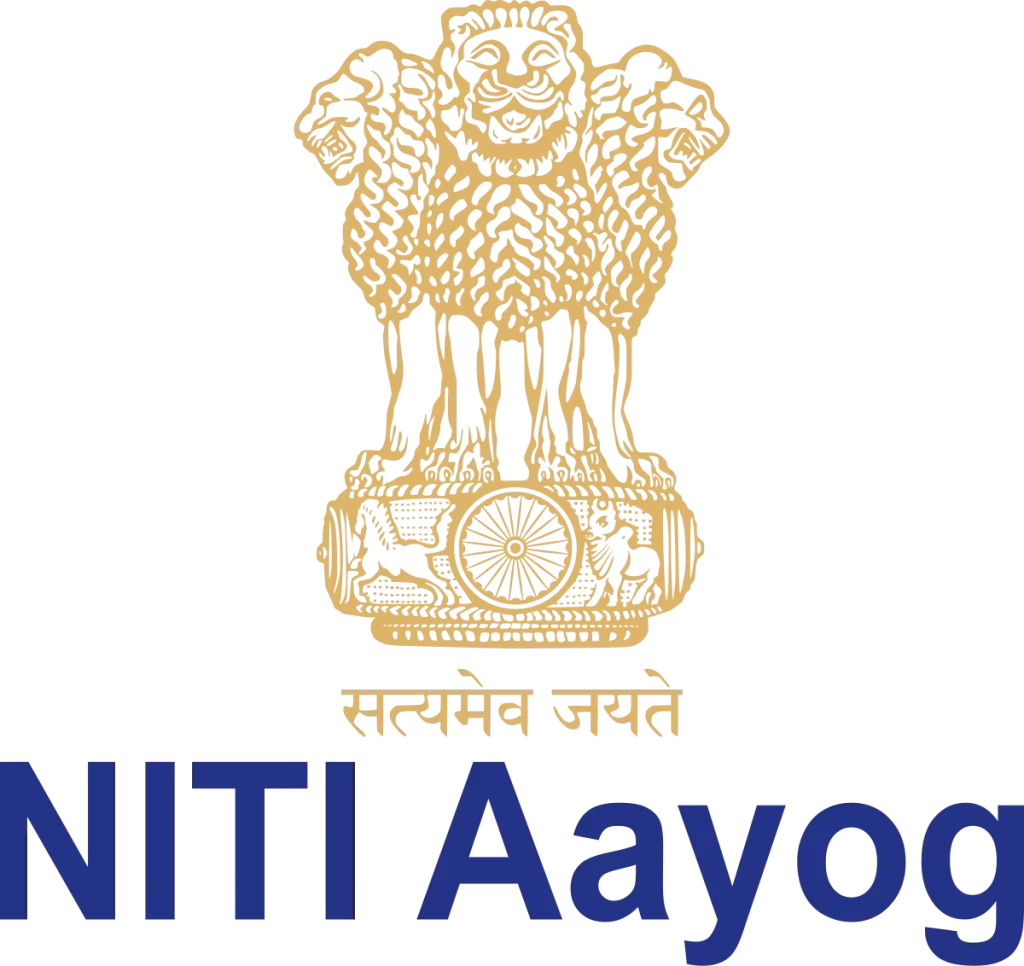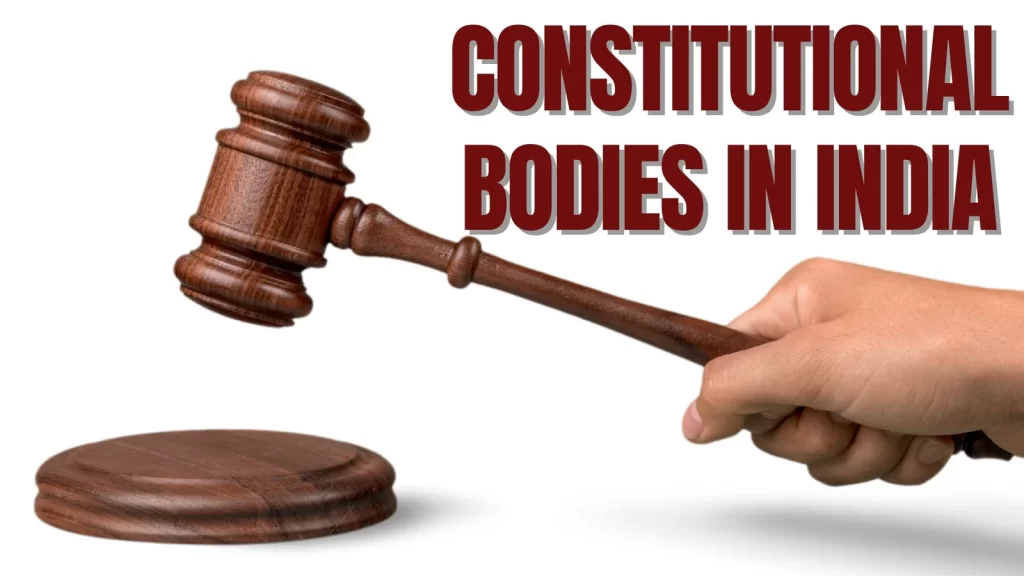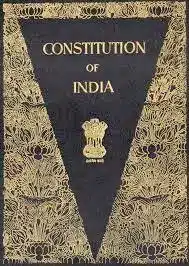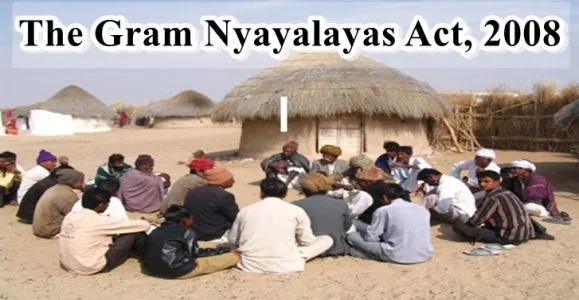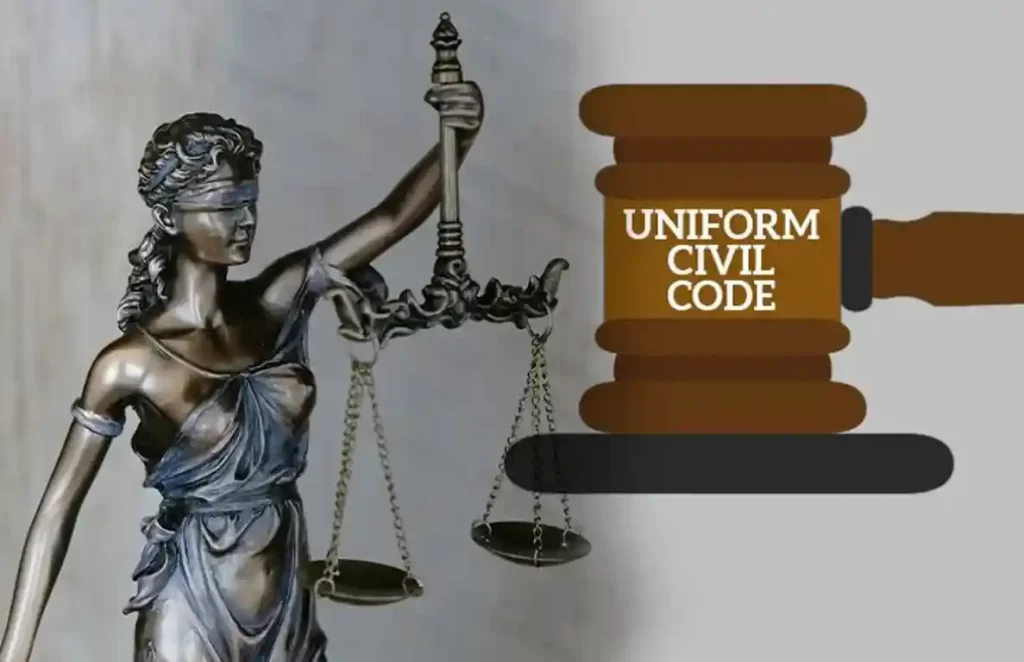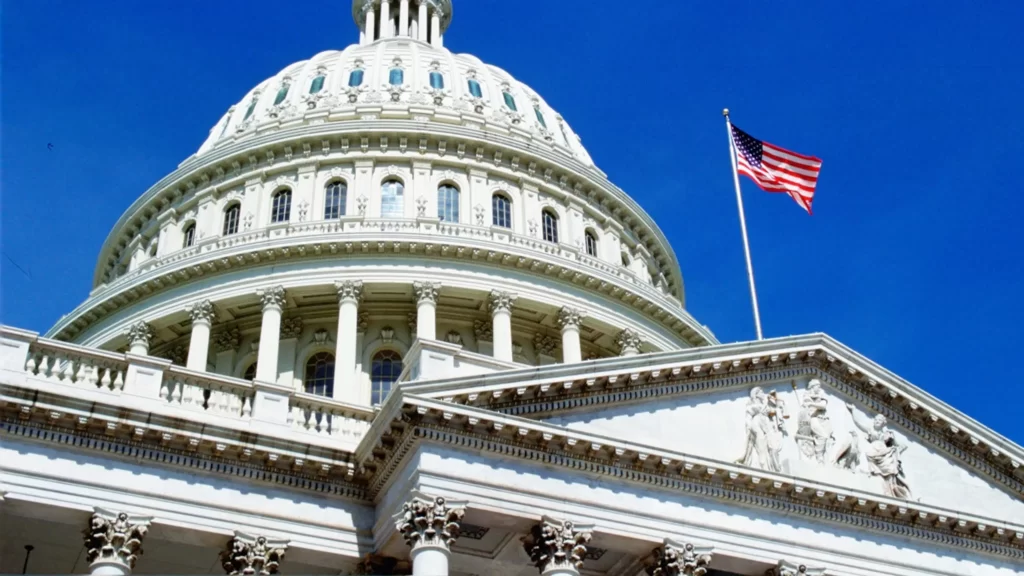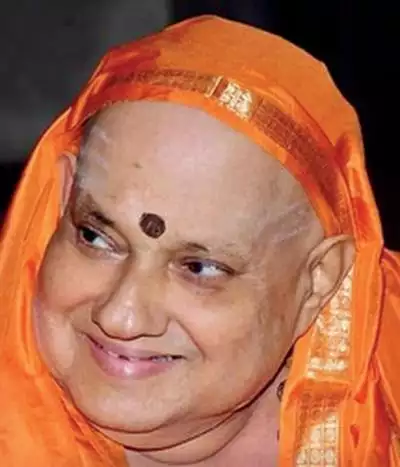Panchayati Raj System in India
The term Panchayati Raj system in India signifies the system of rural local self-government. It has been established in all the states of India by the acts of the state legislatures to build democracy at the grass root level.
- In 1989, the central government introduced two Constitutional Amendments. These amendments aimed at strengthening local governments and ensuring an element of uniformity in their structure and functioning across the country.
- In 1992, the 73rd and 74th constitutional amendments were passed by the Parliament.
- The 73rd Amendment is about Rural Local Governments (which are also known as Panchayati Raj or PRIs).
- The 73rd and 74th Amendments came into force in 1993.
- 73rd Amendment act added a new Part-IX to the Constitution of India and consists of provisions from Articles 243 to 243-O.
- In addition, the act has also added a new Eleventh Schedule to the Constitution. This schedule contains 29 functional items of the Panchayats. It deals with Article 243-G.
Evolution of Panchayati Raj Institutions of India
Salient Features of 73rd Amendment Act of 1992
Three Tier Structure
- A Gram Panchayat covers a village or group of villages. It is the lowest tier of Panchayati Raj Institution (PRI).
- The intermediary level is known as the Mandal (also referred to as Block or Taluka). The intermediary level body need not be constituted in smaller States. At the apex is the Zilla Panchayat covering the entire rural area of the District.
- The amendment also made a provision for the mandatory creation of the Gram Sabha. The Gram Sabha would comprise all the adult members registered as voters in the Panchayat area. Its role and functions are decided by State legislation.
Elections
- All members of the three levels of Panchayati Raj institutions are elected directly by the people. The term of each Panchayat body is five years.
- If the State government dissolves the Panchayat before the end of its Five-year term fresh elections must be held within six months of such dissolution.
Reservations
- One third of the positions in all Panchayat institutions are reserved for women. Reservations for Scheduled Castes and Scheduled Tribes are also provided for at all the three levels, in proportion to their population.
- If the States find it necessary, they can also provide for reservations for the other backward classes (OBCs). It is important to note that these reservations apply not merely to ordinary members in Panchayats but also to the positions of Chairpersons or ‘Adhyakshas’ at all the three levels.
- Further, reservation of one-third of the seats for women is not merely in the general category of seats but also within the seats reserved for Scheduled Castes, Scheduled Tribes and Backward Castes. This means that a seat may be reserved simultaneously for a woman candidate and one belonging to the Scheduled Castes or Scheduled Tribes. Thus, a Sarpanch would have to be a Dalit woman or an Adivasi woman.
Transfer of Subjects
- Twenty-nine subjects, which were earlier in the State list of subjects, are identified and listed in the Eleventh Schedule of the Constitution. These subjects are to be transferred to the Panchayati Raj institutions.
- These subjects were mostly linked to development and welfare functions at the local level.
- The actual transfer of these functions depends upon the State legislation. Each State decides how many of these twenty-nine subjects would be transferred to the local bodies.
State Election Commissioners
- The State government is required to appoint a State Election Commissioner who would be responsible for conducting elections to the Panchayati Raj institutions. Earlier, this task was performed by the State administration which was under the control of the State government.
- Now, the Office of the State Election Commissioner is autonomous like the Election Commissioner of India.
- However, the State Election Commissioner is an independent officer and is not linked to nor is this officer under the control of the Election Commission of India.
State Finance Commission
- The State government is also required to appoint a State Finance Commission once in five years. This Commission would examine the financial position of the local governments in the State.
- It would also review the distribution of revenues between the State and local governments on the one hand and between rural and urban local governments on the other.
Disqualifications
- A person shall be disqualified for being chosen as or for being a Member of Panchayat if he is so disqualified, (a) under any law for the time being in force for the purpose of elections to the legislature of the state concerned, or (b) under any law made by the state legislature. However, no person shall be disqualified on the ground that he is less than 25 years of age if he has attained the age of 21 years.
- Further, all questions of disqualifications shall be referred to such authority as the state legislature determines.
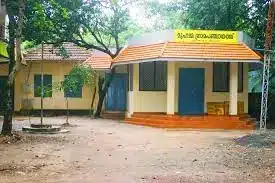
PESA (Panchayat Extension to Scheduled Areas) Act 1996
- The provisions of the 73rd amendment were not made applicable to the areas inhabited by the Adivasi populations (5th Scheduled Areas) in the many States of India. In 1996, a separate Act called PESA Act, 1996 was passed extending the provisions of the Panchayat system to these areas.
- Many Adivasi communities have their traditional customs of managing common resources such as forests and small water reservoirs, etc. Therefore, the new act protects the rights of these communities to manage their resources in ways acceptable to them.
- For this purpose, more powers are given to the Gram Sabhas of these areas and elected village Panchayats have to get the consent of the Gram Sabha in many respects. The idea behind this Act is that local traditions of self-government should be protected while introducing modern elected bodies.
- At present Scheduled V areas exist in 10 States Andhra Pradesh, Chhattisgarh, Gujarat, Himachal Pradesh, Jharkhand, Madhya Pradesh, Maharashtra, Odisha, Rajasthan and Telangana.
PESA empowers Gram Sabha/ Panchayat at the appropriate level with:
- right to mandatory consultation in land acquisition, resettlement and rehabilitation of displaced persons
- panchayat at an appropriate level is entrusted with planning and management of minor water bodies
- mandatory recommendations by Gram Sabha or Panchayat at the appropriate level for prospective licenses/ lease for mines and concessions for the exploitation of minor minerals
- regulate sale/consumption of intoxicants ownership of minor forest produce
- prevent land alienation and restore alienated land
- manage village markets
- control over money lending to STs
- control over institutions and functionaries in the social sector, local plans including Tribal sub plans and resources
Also, refer :
- Important Articles Of the Indian Constitution
- Difference Between Fifth Schedule And Sixth Schedule
- Top 50 Science MCQs For Competitive Exams
- Know About The Different Financial Sector Regulators In India

